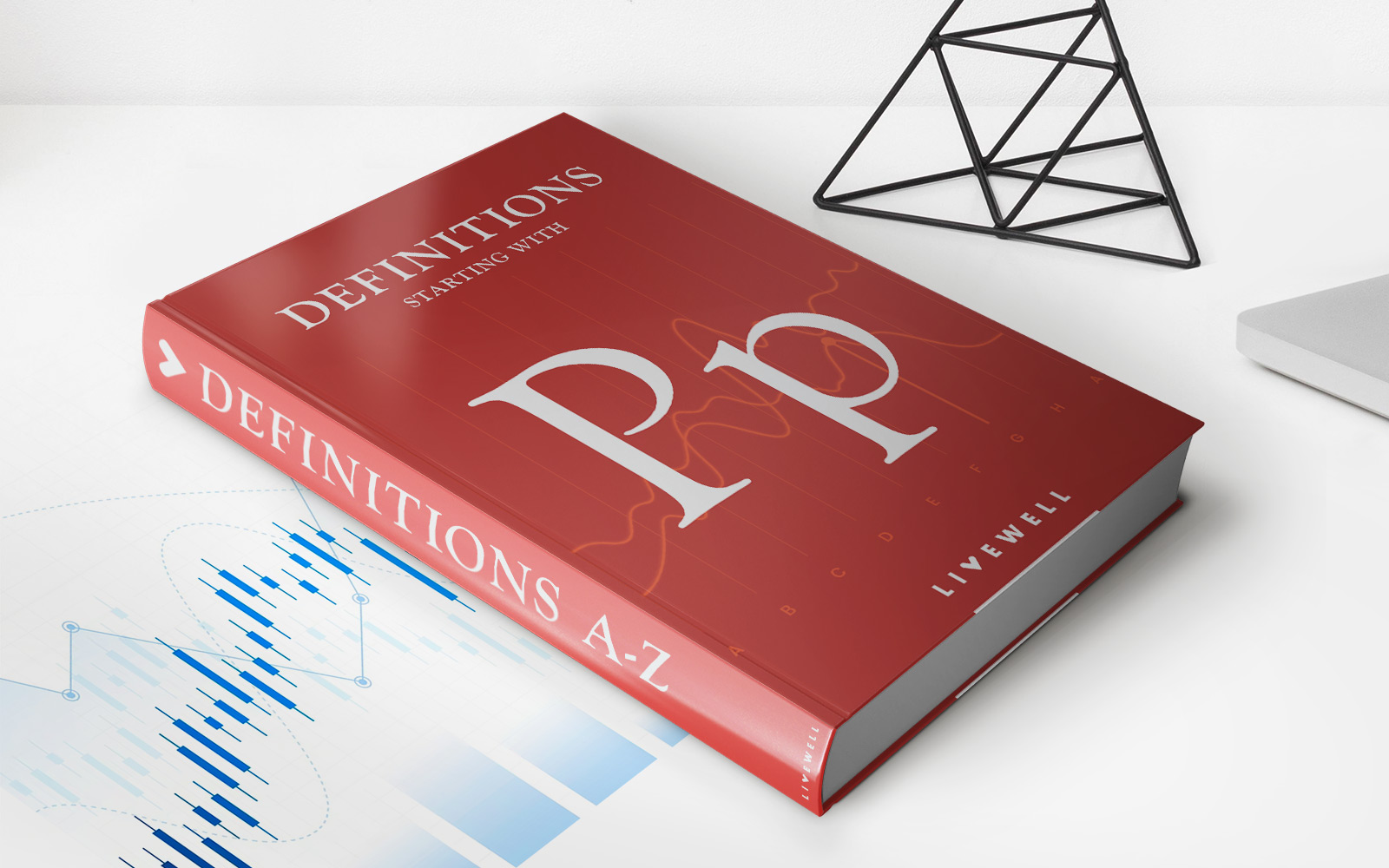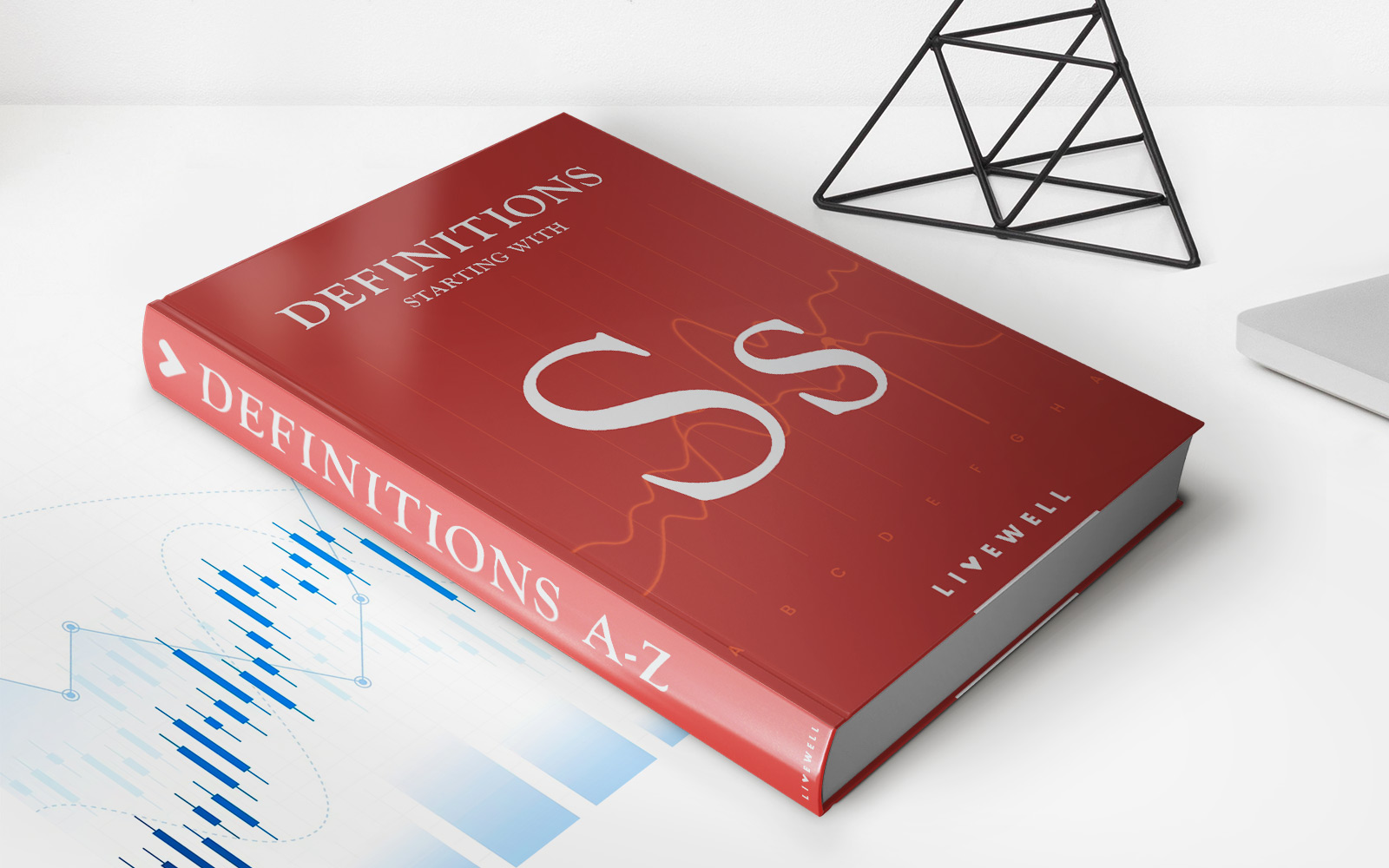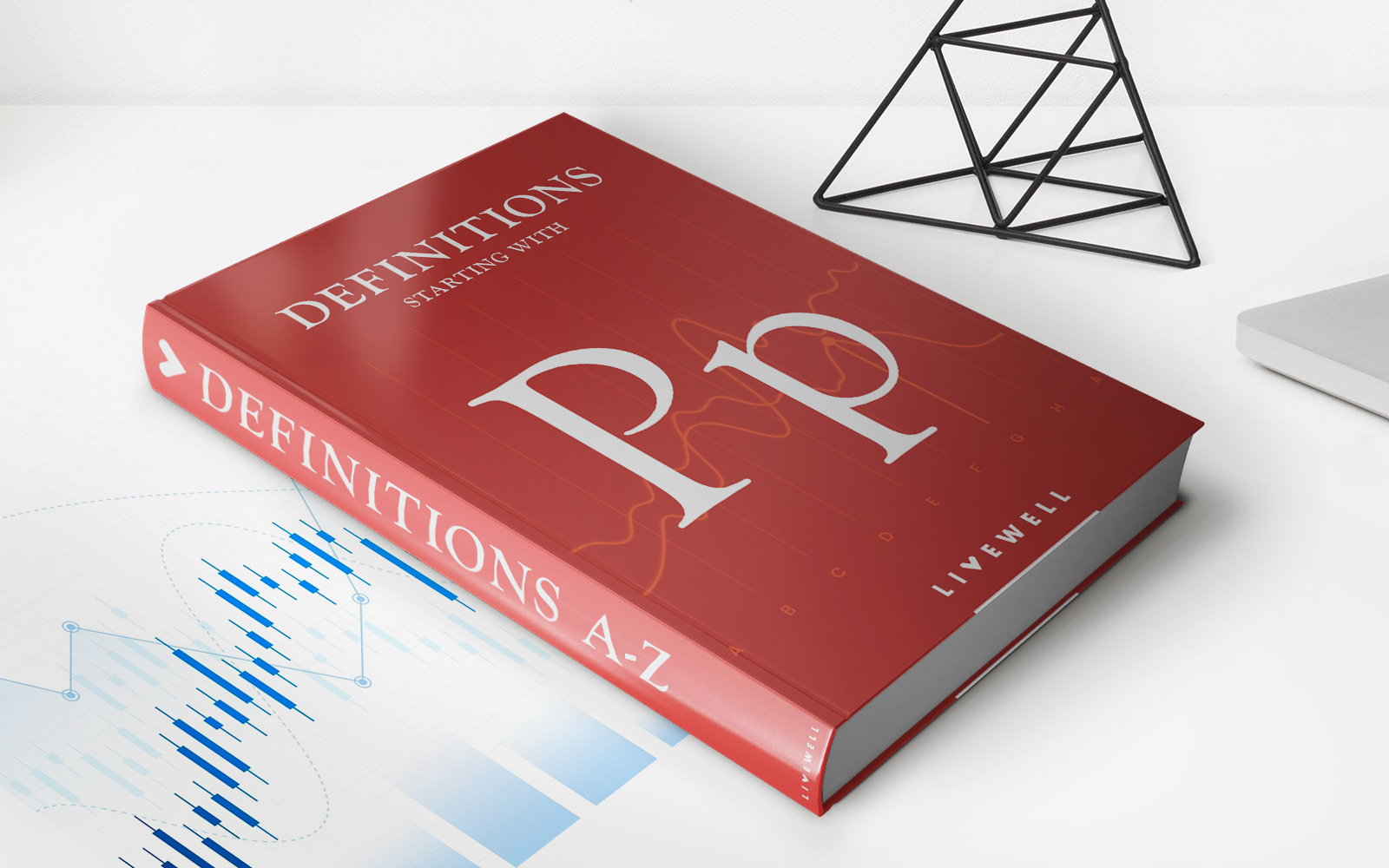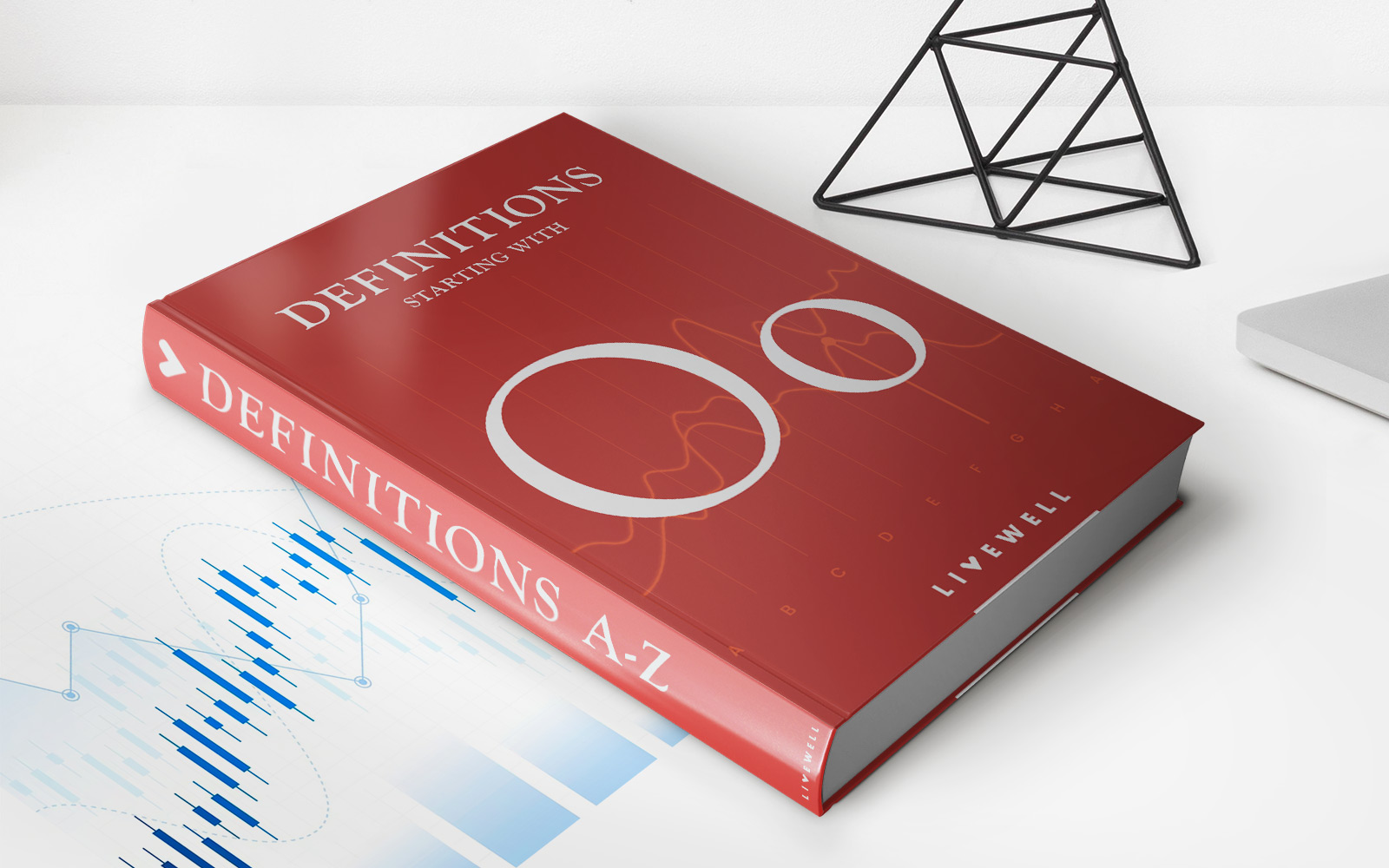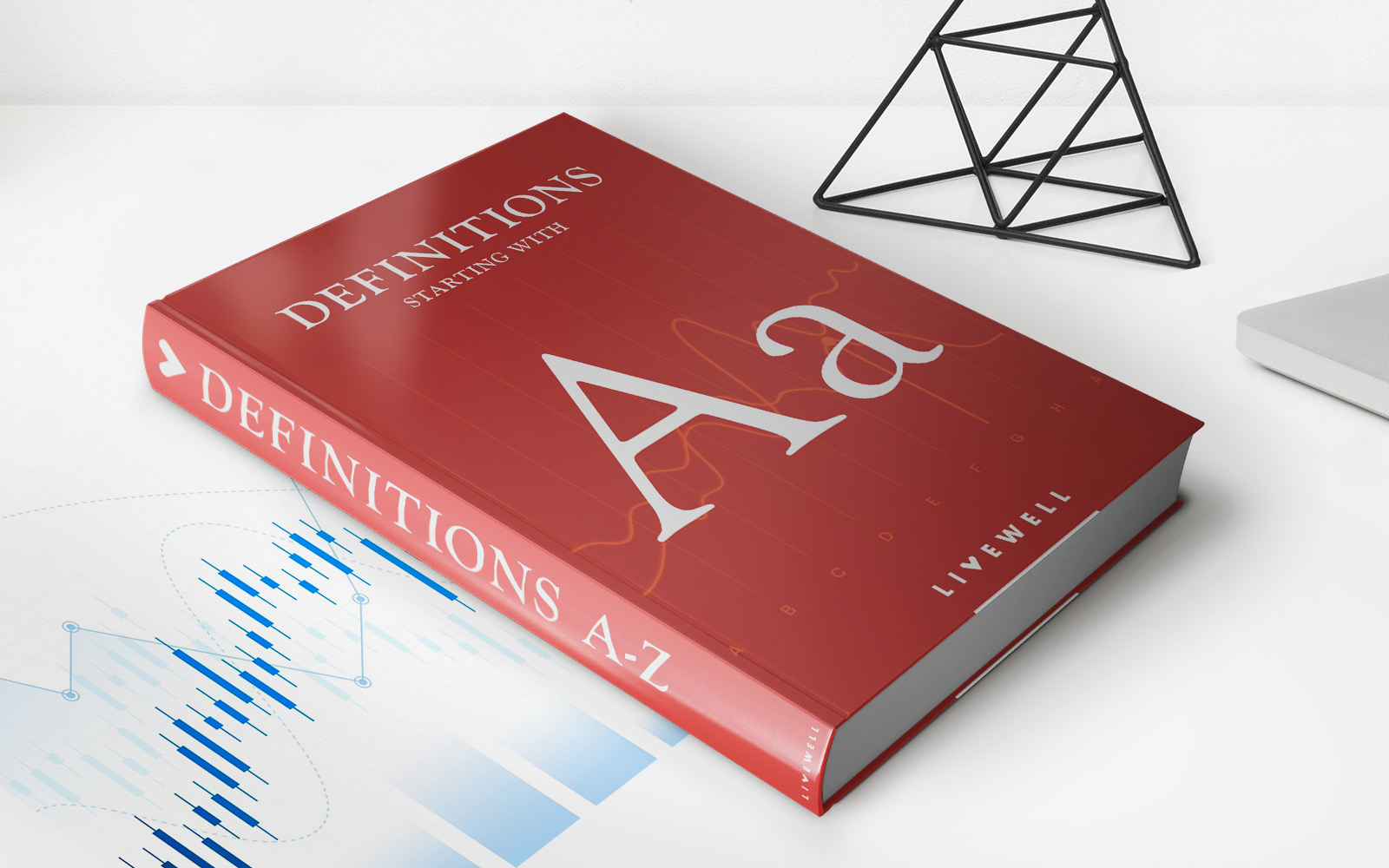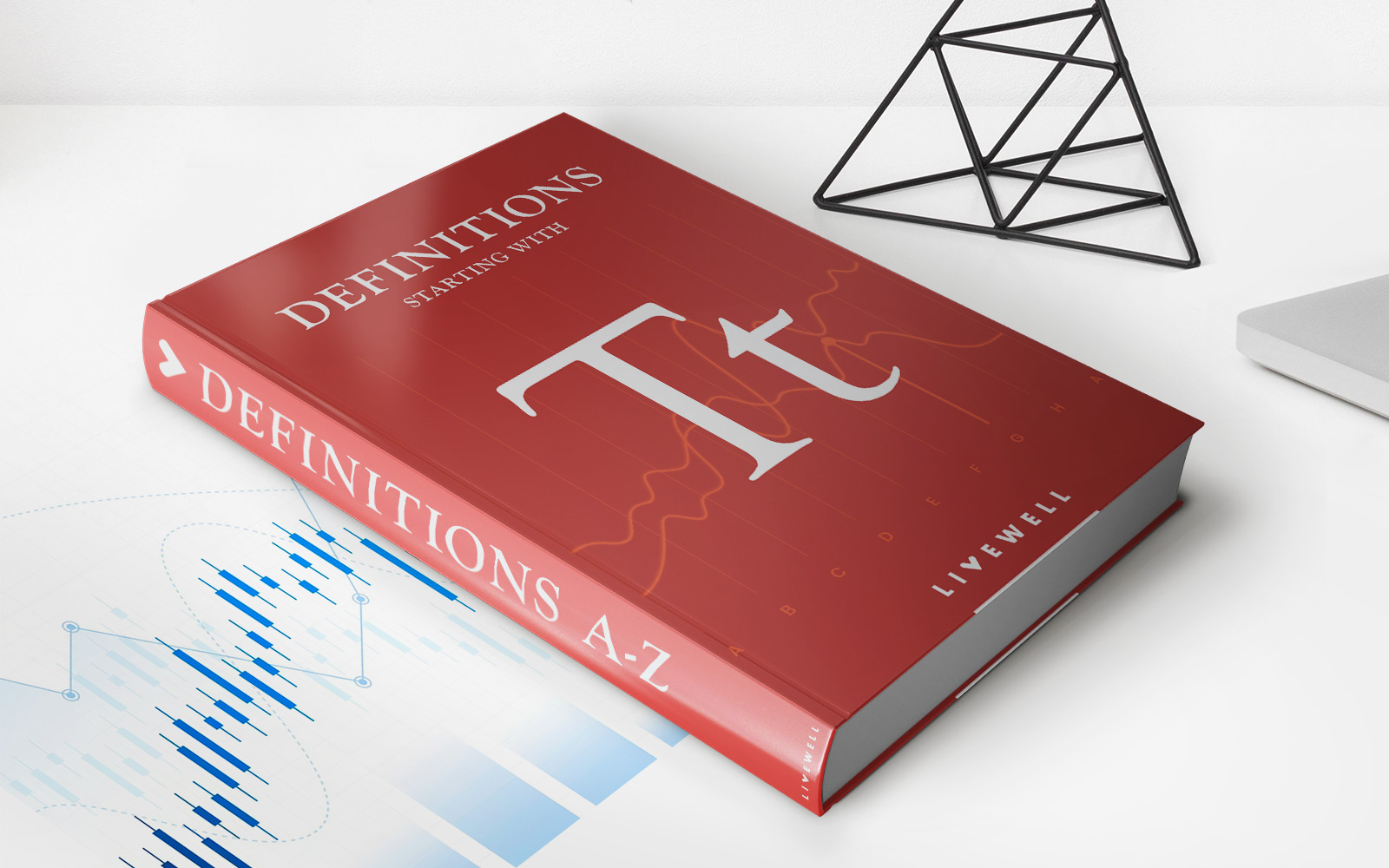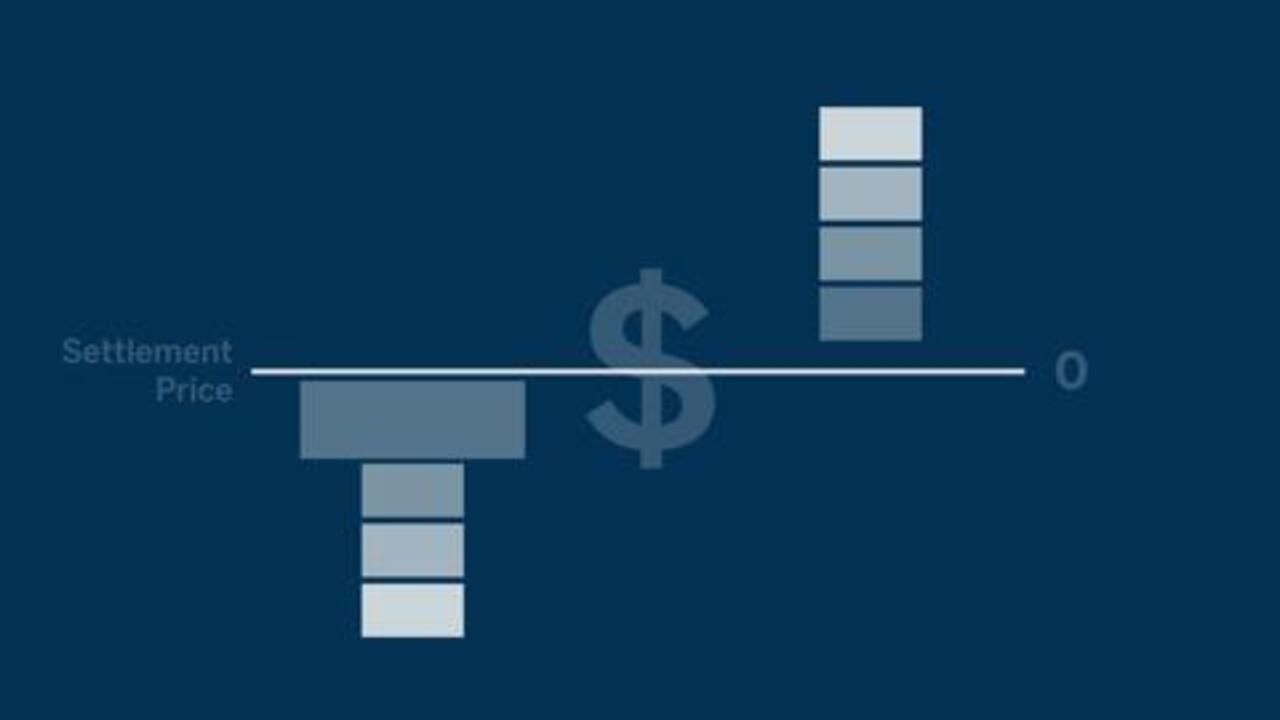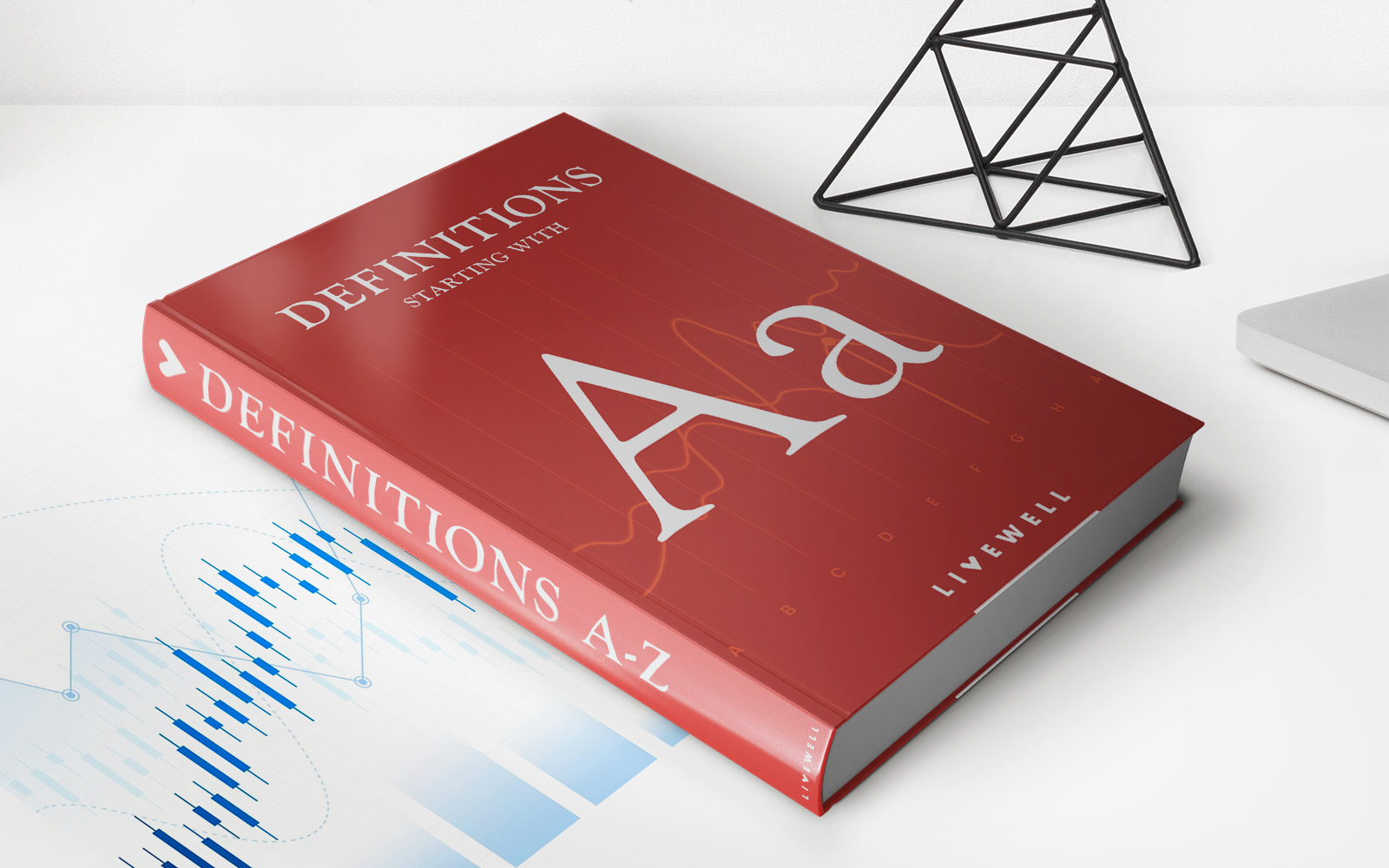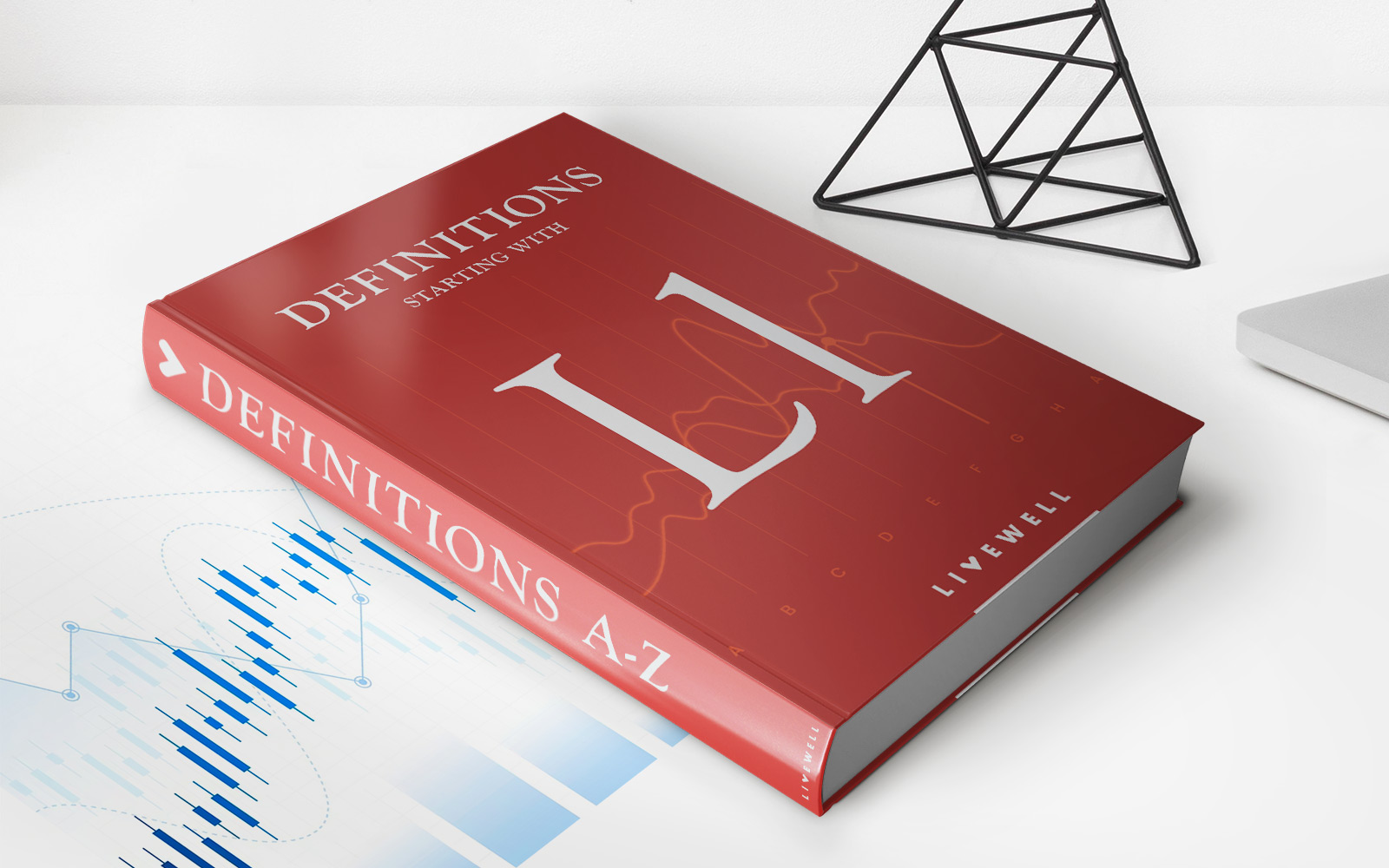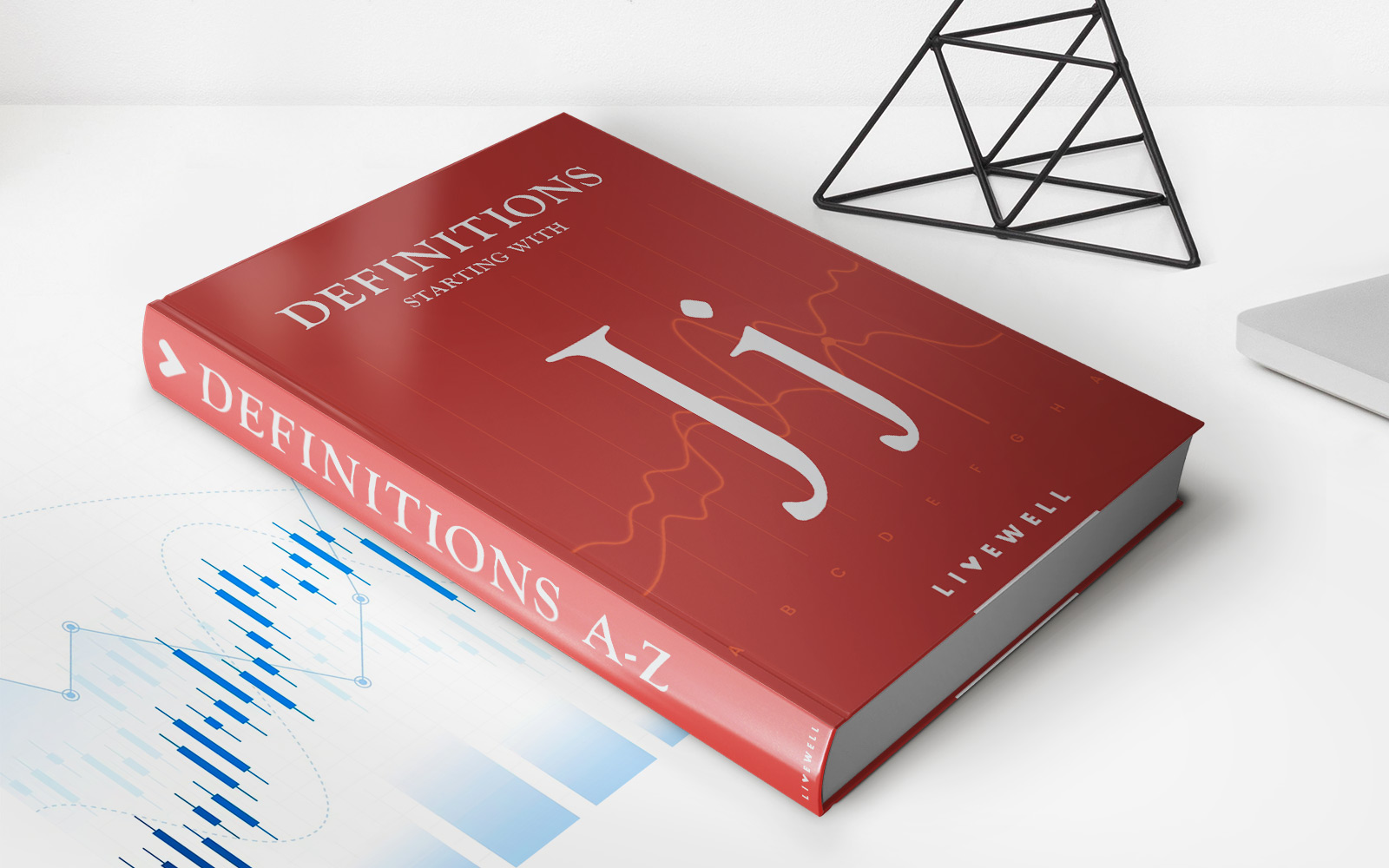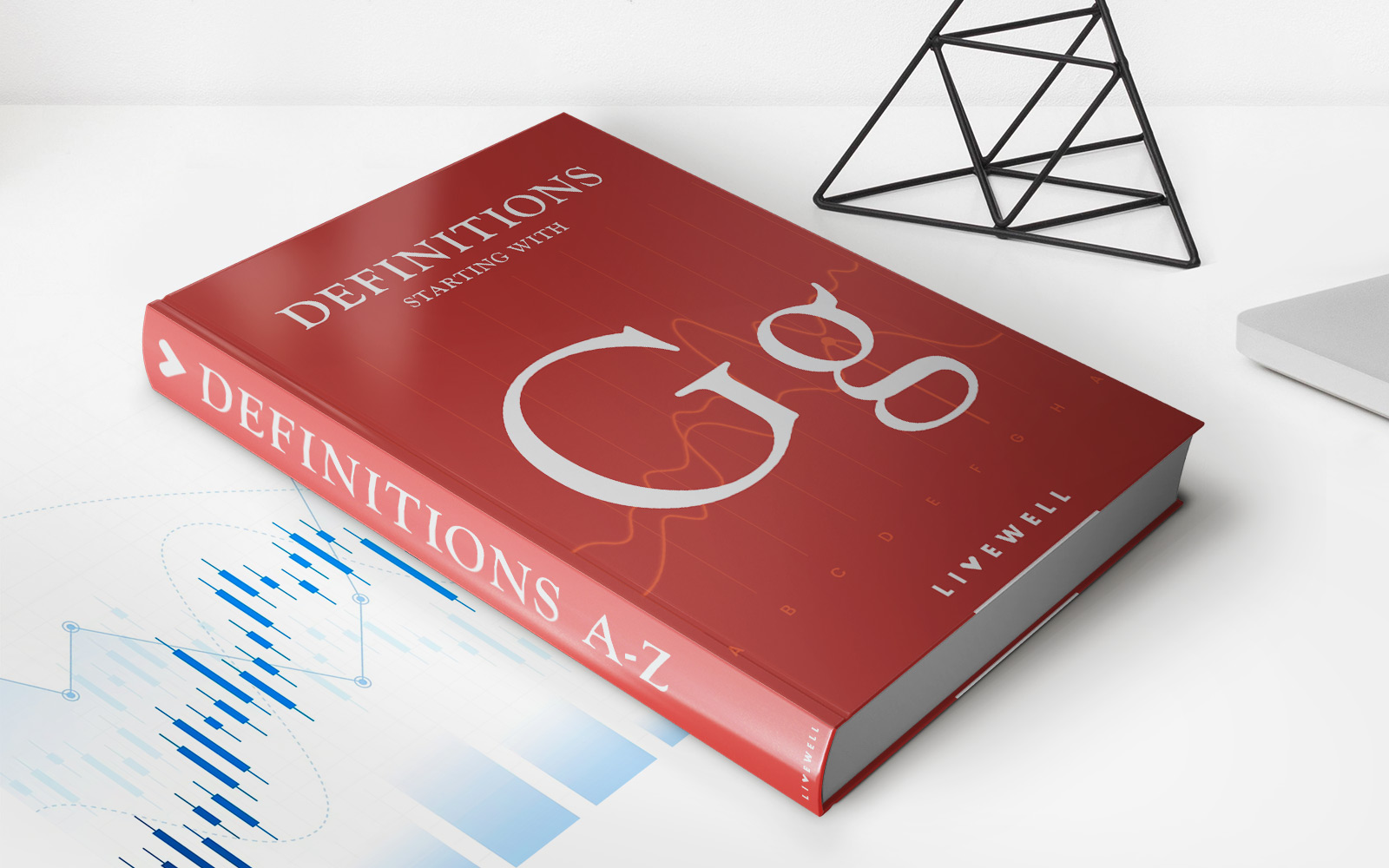Home>Finance>Settlement Price: Definition, Use In Trading, And Example
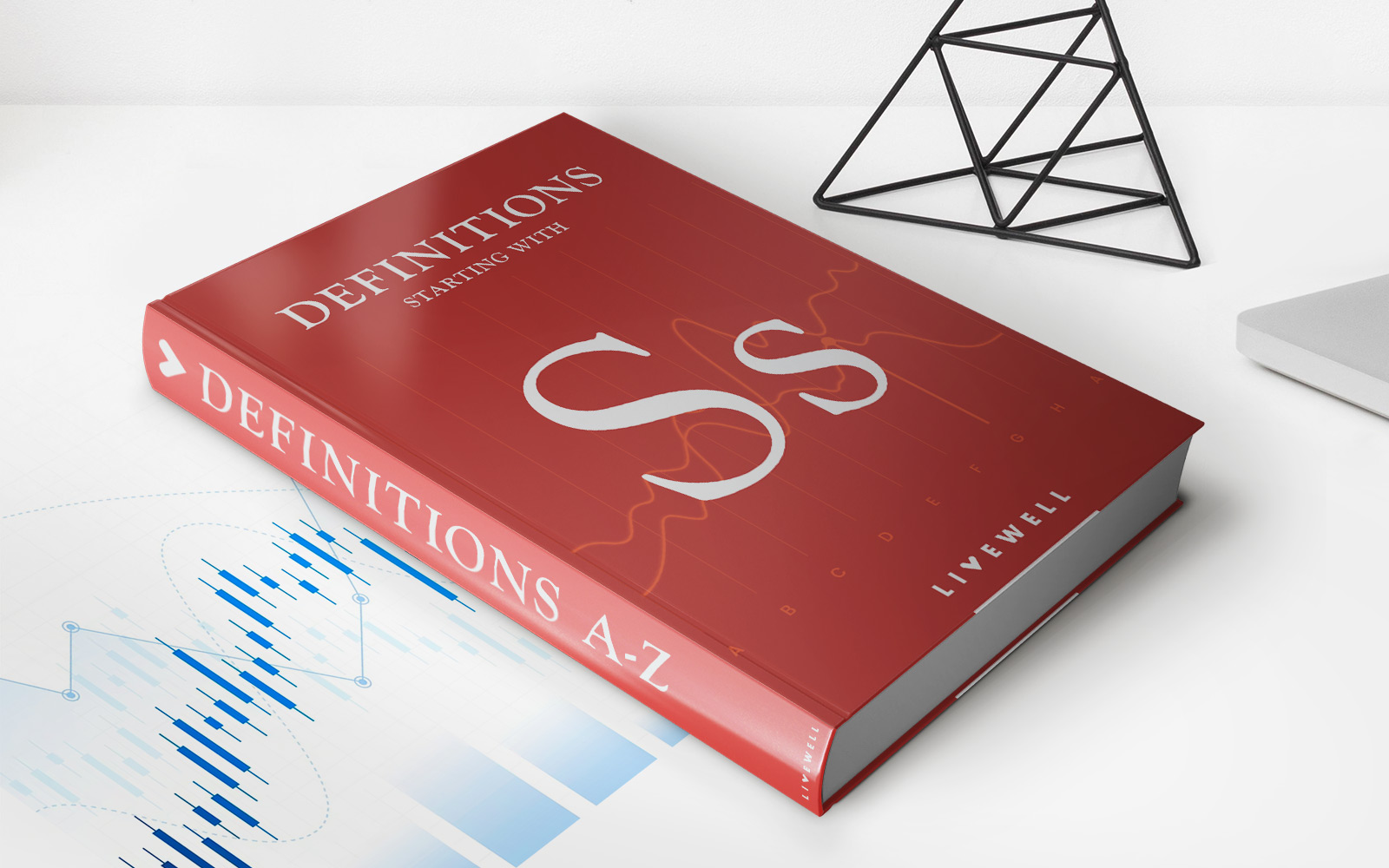

Finance
Settlement Price: Definition, Use In Trading, And Example
Published: January 27, 2024
Learn about settlement price in finance, its definition, use in trading, and see an example to understand its importance. Enhance your financial knowledge with our comprehensive guide.
(Many of the links in this article redirect to a specific reviewed product. Your purchase of these products through affiliate links helps to generate commission for LiveWell, at no extra cost. Learn more)
Settlement Price: Definition, Use in Trading, and Example
Welcome to our Finance category blog post where we delve into different financial terms and topics to help you expand your knowledge and understanding. In this post, we will be discussing the concept of settlement price, its use in trading, and provide you with an example to illustrate its application in the financial world.
Key Takeaways:
- The settlement price is the price at which a trading instrument is valued when a trading session ends.
- It is used by traders, investors, and market participants to determine the profitability or loss of their positions and to calculate margin requirements.
Now, let’s dive into what settlement price actually means and how it is used in trading.
Definition:
The settlement price, also known as the closing price, is the final price at which a trading instrument, such as a stock, commodity, or derivative, is valued at the end of a trading session. It is determined by various factors, including supply and demand dynamics, market sentiment, and any significant news or events that may impact the asset’s price.
Use in Trading:
The settlement price is an essential metric for traders, investors, and market participants as it plays a crucial role in assessing the profitability or loss of their positions. Here are some key uses of the settlement price in trading:
- Position Valuation: Traders use the settlement price to calculate the value of their positions held at the end of a trading session. By multiplying the settlement price by the quantity of shares or contracts held, traders can determine the total value of their positions.
- Profit/Loss Calculation: The settlement price is instrumental in calculating the profit or loss incurred on a trading position. By subtracting the purchase price from the settlement price, traders can determine their gains or losses.
- Margin Requirements: Settlement price is also used to calculate margin requirements. Margin refers to the amount of money traders need to deposit in their trading accounts to cover potential losses. The settlement price is a key factor in determining the margin needed for a particular position.
- Options Expiration: For options traders, the settlement price is particularly important during the expiration of options contracts. It determines whether the option is in-the-money, at-the-money, or out-of-the-money, affecting the settlement of the contract.
Example:
Let’s consider an example to understand how settlement price works:
Imagine you are a trader who holds 100 shares of XYZ company. At the end of the trading session, the settlement price of XYZ stock is $50. Using the settlement price:
- You can calculate the value of your position by multiplying the settlement price ($50) by the number of shares (100), which equals $5,000.
- If you had purchased the shares at $45, you can calculate your profit by subtracting the purchase price from the settlement price, which would be $50 – $45 = $5 per share. In this case, your total profit would be $5 * 100 shares = $500.
This example showcases how the settlement price is used to determine the value, profit, and potential losses on a trading position.
By understanding the role and importance of settlement price in trading, you can make more informed decisions and effectively manage your trading positions.
We hope this blog post has provided you with a clear understanding of settlement price, its use in trading, and an example to solidify your understanding. Stay tuned for more informative posts in our Finance category to expand your knowledge in the world of finance!
